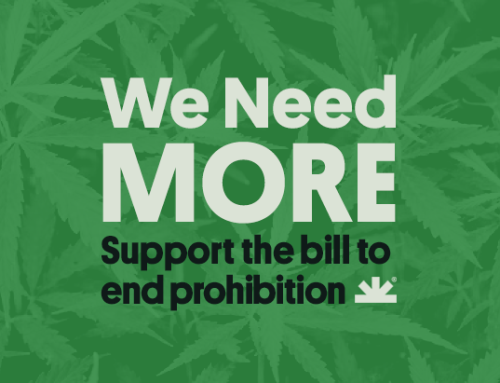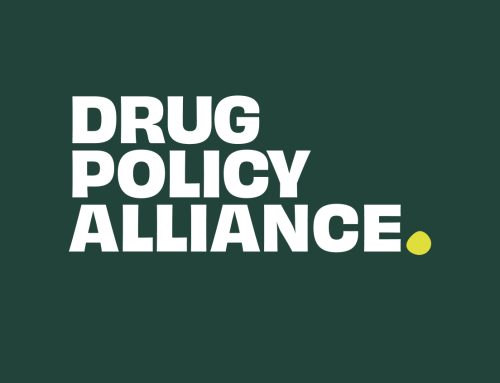Medicare Explores CBD Coverage for Seniors
WASHINGTON – The Centers for Medicare & Medicaid Services (CMS) is set to roll out a pilot program that could extend coverage to cannabidiol (CBD) treatments for certain older Americans, marking a cautious step by the federal government into cannabinoid therapies. The initiative, detailed in a forthcoming Federal Register proposal, targets patients in oncology and palliative care, where CBD might address pain, anxiety, and sleep issues without the risks tied to traditional drugs like opioids.
Under the plan, CMS would evaluate CBD products in everyday medical use, scrutinizing factors such as dosing accuracy, manufacturing standards, and real-world results for beneficiaries. The agency highlights concerns over the uneven quality of off-the-shelf CBD, pushing instead for formulations vetted by the Food and Drug Administration (FDA) or produced to pharmaceutical specs. If approved, the test could begin with the 2027 Medicare plan year, feeding data into decisions on wider reimbursement.
This development follows a September social media post by President Donald Trump, who shared a video advocating CBD as a low-risk option for seniors battling chronic conditions. The clip, produced by the Commonwealth Project, a group pushing for cannabinoid integration in elder care, argued that such coverage could cut reliance on costlier, side-effect-heavy prescriptions. Trump’s endorsement drew quick market response, with MSOS climbing in the weeks after.
Analysts view the pilot as a pragmatic probe rather than an affirmation. While preliminary studies point to CBD’s promise in easing symptoms for conditions prevalent among those over 65 [like arthritis or chemotherapy side effects], larger trials remain sparse, and long-term safety data is thin. CMS’s focus on controlled products addresses a key hurdle: the market’s flood of unstandardized offerings, which range from oils to topicals and vary wildly in potency. Success here might trim Medicare’s $800 billion annual tab on pharmaceuticals by substituting cheaper alternatives, but only if outcomes justify the shift.
Industry watchers note the timing aligns with broader efforts to rethink pain management amid the opioid crisis, which claims thousands of senior lives yearly. Yet skeptics caution that without rigorous metrics, the program risks echoing past experiments where early hype outpaced evidence. Cannabis businesses, already eyeing federal nods like rescheduling, view this as a foothold, though reimbursement rules would likely favor established players over boutique suppliers.
For the 66 million Medicare enrollees, the pilot represents incremental progress in a system slow to adapt. As with any trial, its true measure will come in the numbers: reduced hospital stays, fewer adverse events, or simply better days for patients navigating age’s tolls. Ultimately, this pilot program is worth watching; not for a revolutionary change, but for the efficiencies it could unlock in care delivery.



































